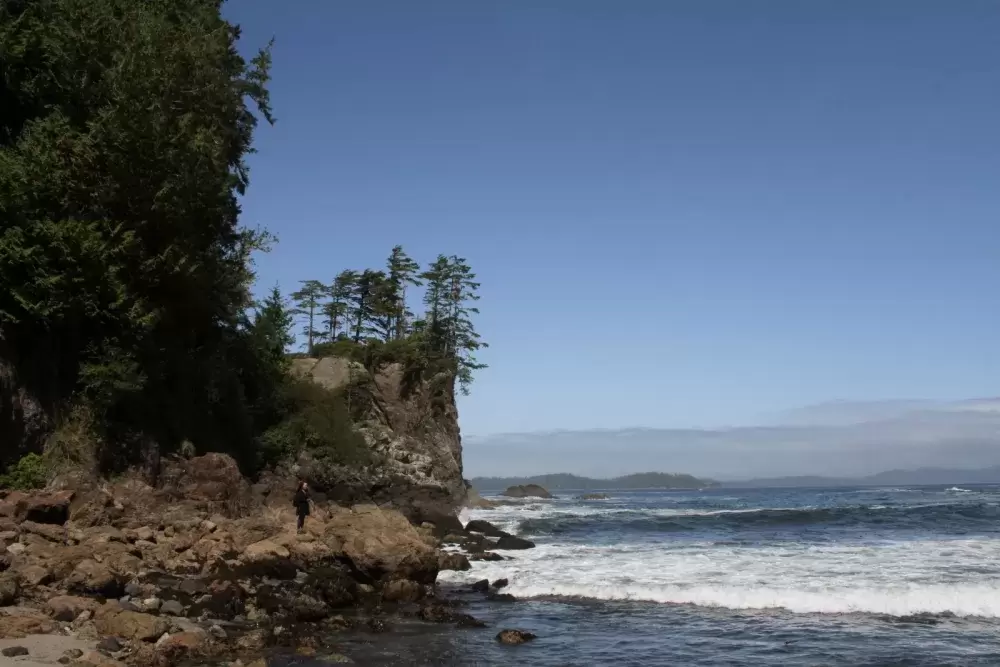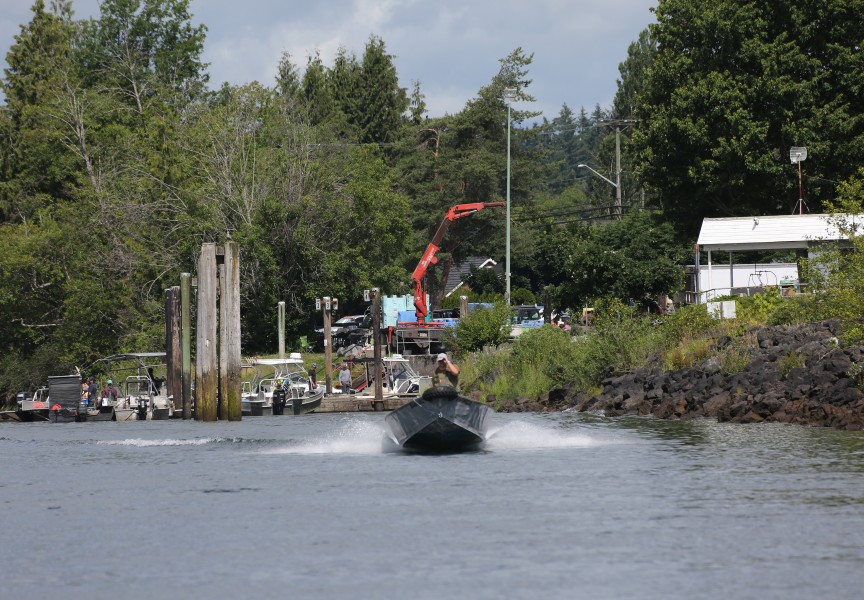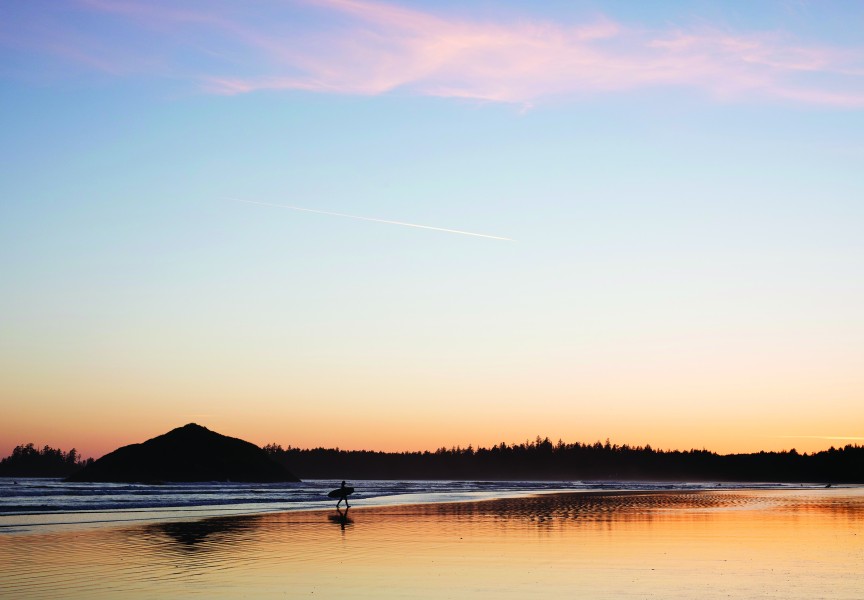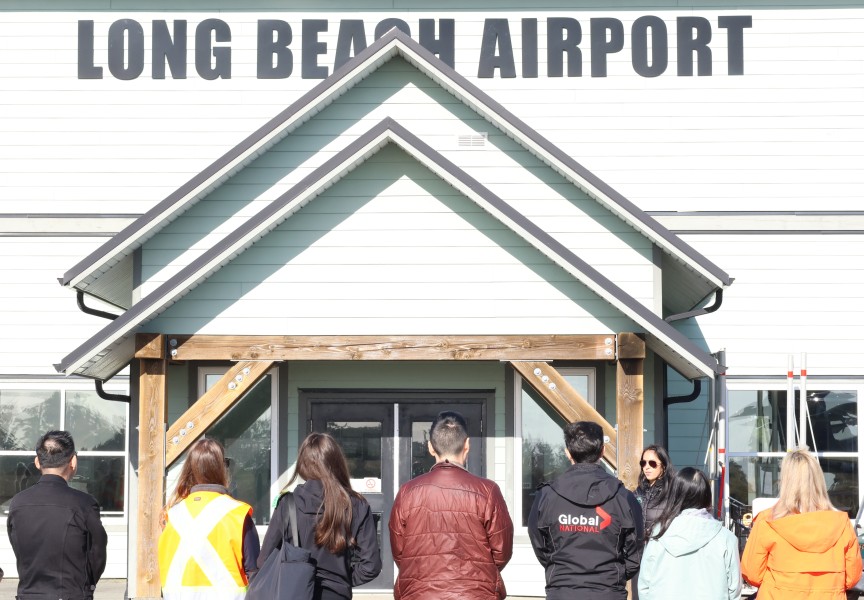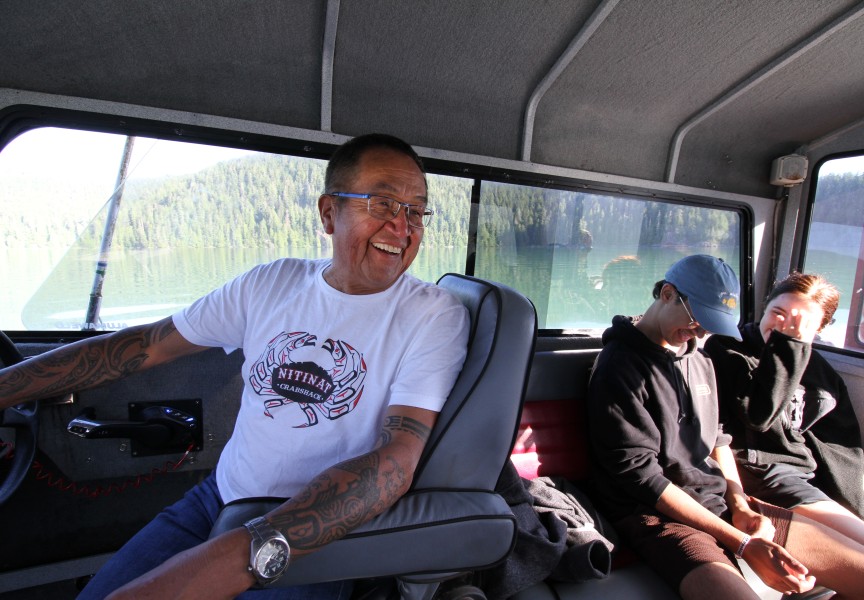Several Nuu-chah-nulth nations have been awarded with major funding from the Province of BC to help with suffering tourism sectors that were impacted by the COVID-19 pandemic.
StrongerBC programs such as the Community Economic Recovery Infrastructure Program (CERIP), Tourism Dependent Communities Program and Targeted Regional Tourism Development Initiative are part of the province's actions to support recovery of B.C.'s tourism sector, including Indigenous tourism. The BC Indigenous Tourism Recovery Fund was created following the recommendations of the Tourism Task Force to support Indigenous tourism businesses specifically.
Indigenous tourism businesses in B.C. have received over $28 million for 60 projects to support recovery from the impacts of the COVID-19 pandemic.
The Huu-ay-aht First Nations was awarded $510, 340 that will go towards improvements at their Pachena Bay Campground in Bamfield.
“Pachena Bay Campground is our hidden jewel, it’s something that all people on Vancouver Island and the Mainland love coming to but never tell anybody,” said Huu-ay-aht Councillor Trevor Cootes. “The campground itself has been our longest running business. In 1998 is when Huu-ay-aht kind of took that initial step to actually invest into the business like water, power, sewer, shower house…offer more amenities.”
Cootes said the funding will go towards adding about 30 new campsites to the campground, going from about 70 to around 100. Funds will also be used to update the campground’s washroom facilities.
“This was definitely an economic growth opportunity. The more campsites will create more revenue and create more job opportunities,” Cootes said. “The campground is taking bookings and will be opening July 1.”
Cootes said the Huu-ay-aht have also recently put in a new access road to the campground so tourists won’t need to drive through the Village of Anacla anymore.
“The thousands of campers we get each year will go through the new road access without impacting the local community,” Cootes said. “Another thing that was really important to Huu-ay-aht is that having a second road access is just so critical to emergency preparedness and in the occasion of a tsunami warning we have two roads that our campers will be able to utilize.”
Cootes said the impacts to Huu-ay-aht’s tourism sector and other businesses from COVID-19 were huge.
“Our campground was actually closed last year for the first time in decades. Our Bamfield businesses that we own, the accommodations, food services, general store were all massively impacted,” Cootes said. “We were okay with one season, we could survive, but Huu-ay-aht is definitely in a place where we need to have our economy running again and not only investing but having these critical supports from our regional and national governments.”
Cootes is anticipating a busy tourism season this year. He added that the Huu-ay-aht’s guided Kiixin tours will also be starting up July 3.
Other Nuu-chah-nulth nations that received funding include the Ditidaht Development Corporation ($806,150), Ditidaht First Nation ($409,871), Tla-o-qui-aht First Nations ($445,000), Ucluelet First Nation ($400,000) and Ehattesaht Wisdom Beach gather place ($304,500).
"Indigenous tourism is one of the fastest-growing segments in B.C. tourism because it provides opportunities to share Indigenous cultures and experience communities in a new way," said Melanie Mark, minister of Tourism, Arts, Culture and Sport in a press release. "This funding demonstrates reconciliation in action by creating and expanding tourism economic development projects with Indigenous nations and supporting self-determination for Indigenous businesses."
Indigenous tourism businesses include accommodation and resorts, outdoor adventure experiences, restaurants, tour companies, galleries and gift shops owned by Indigenous people. With 204 Indigenous communities and more than 30 Indigenous languages, British Columbia's different regions offer extensive authentic Indigenous tourism experiences. There are over 480 Indigenous tourism businesses in B.C.

